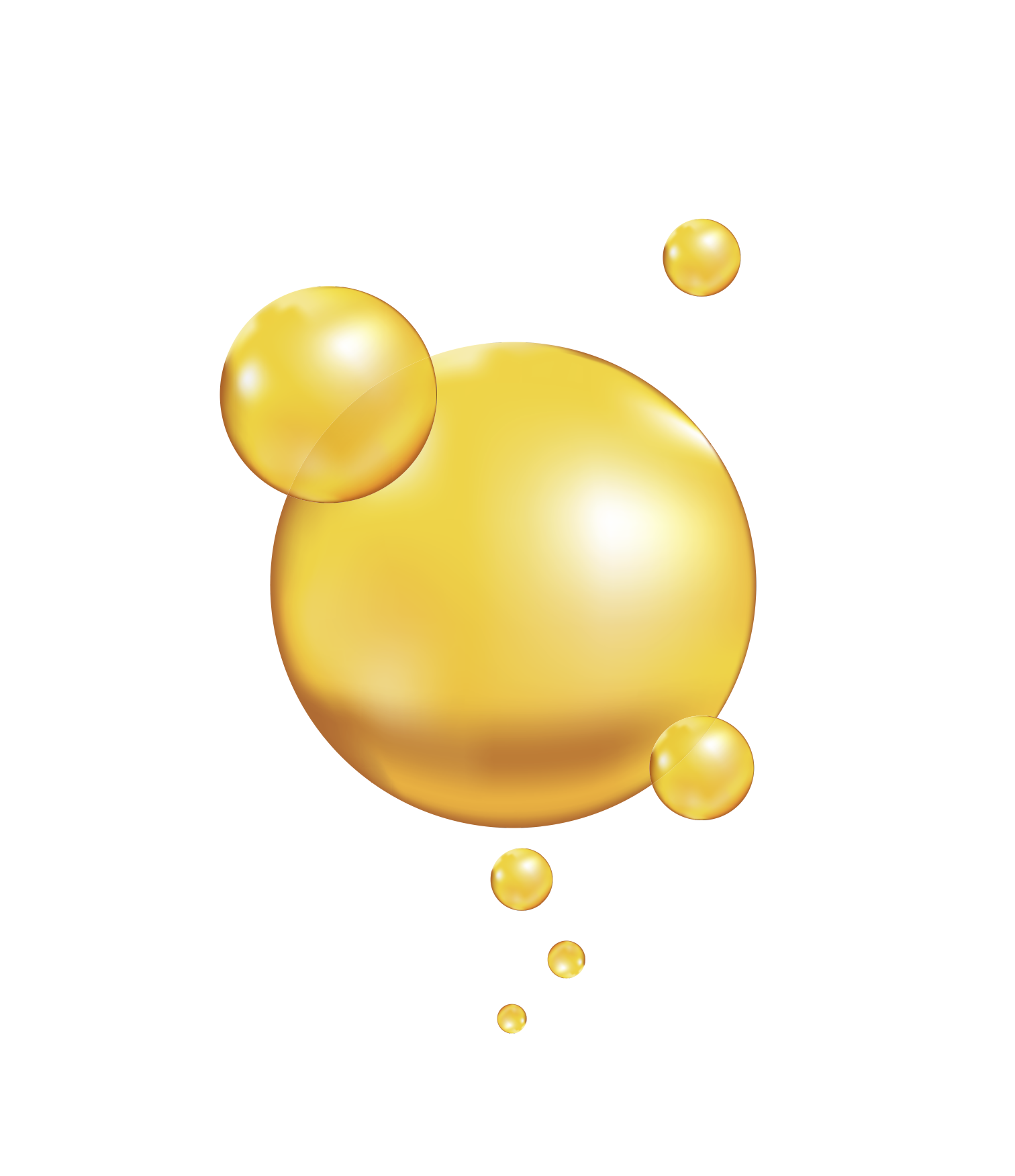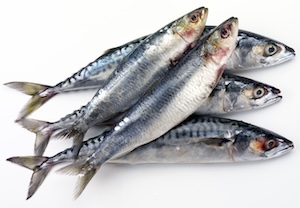Omega 3 is een hoogwaardige, zuivere visolie van EPAX, die in een zachte visgelatine capsule zit. De visolie bestaat onder andere uit de omega-3-vetzuren eicosapentaeenzuur (EPA) en docosahexaeenzuur (DHA). Uniek aan onze omega 3 is dat het in een visolie softgelcapsule (visgelatine) zit.

